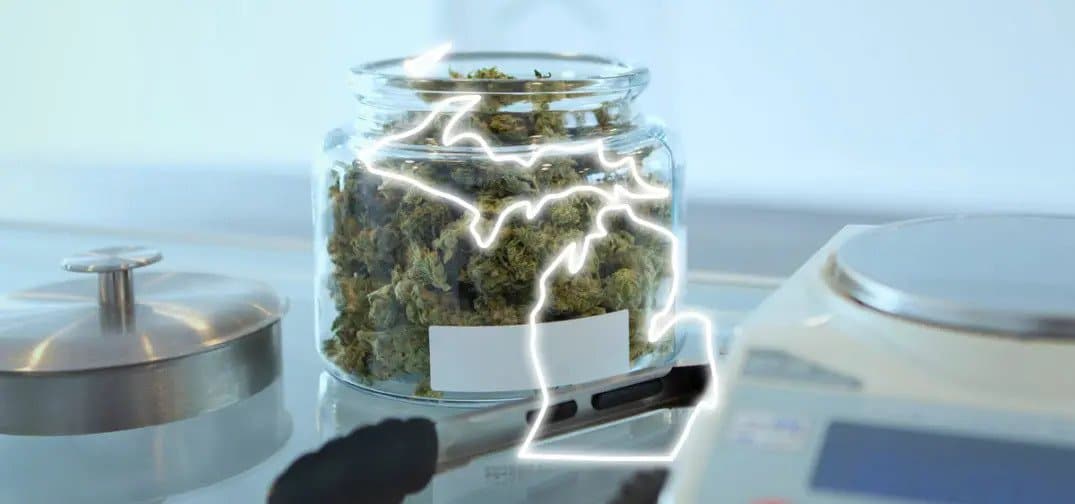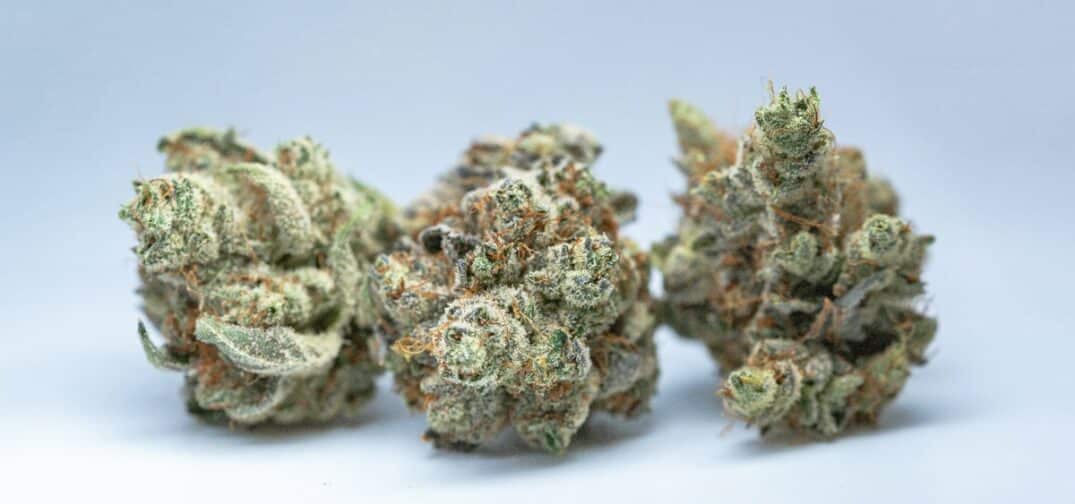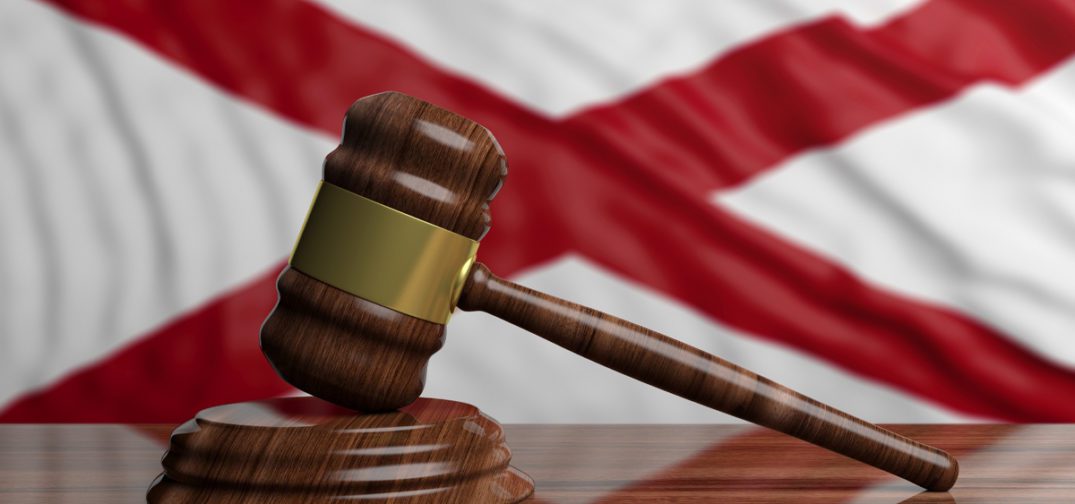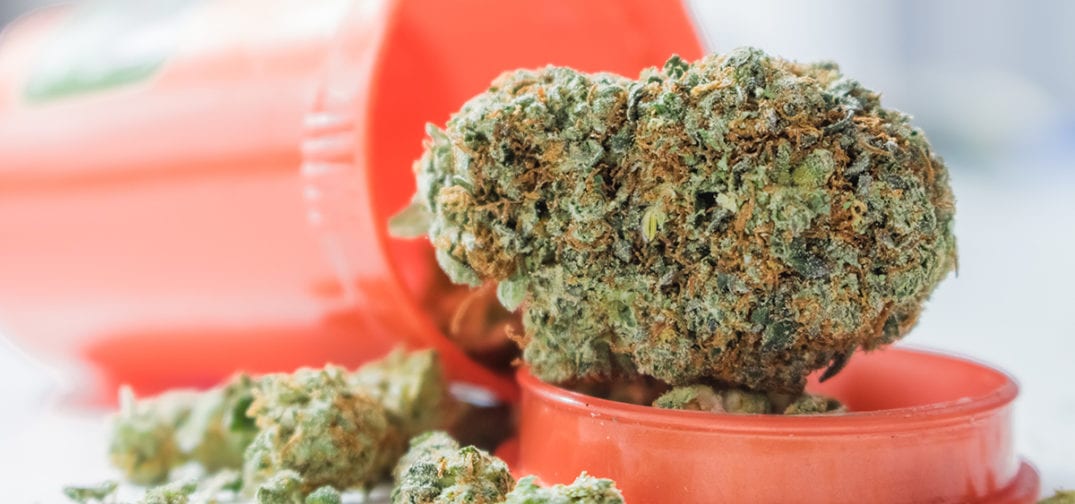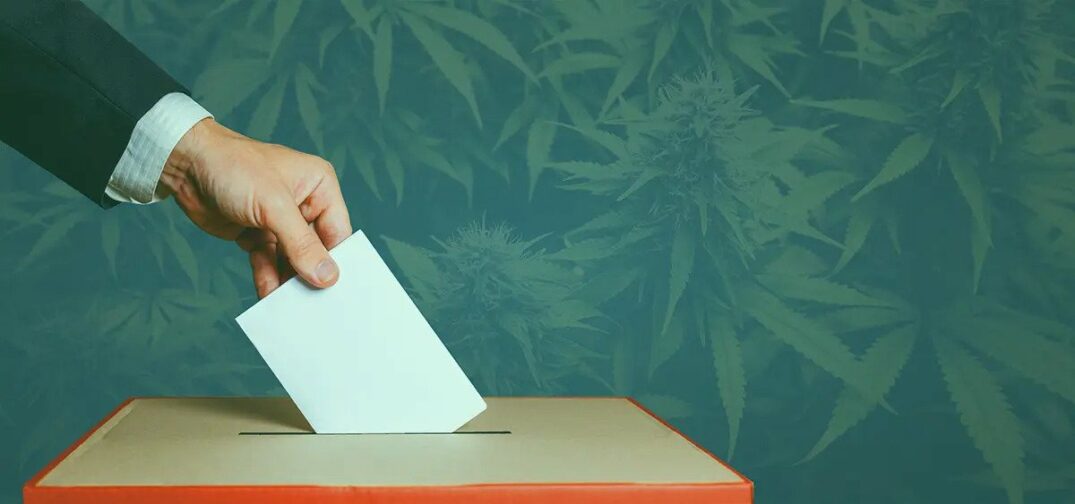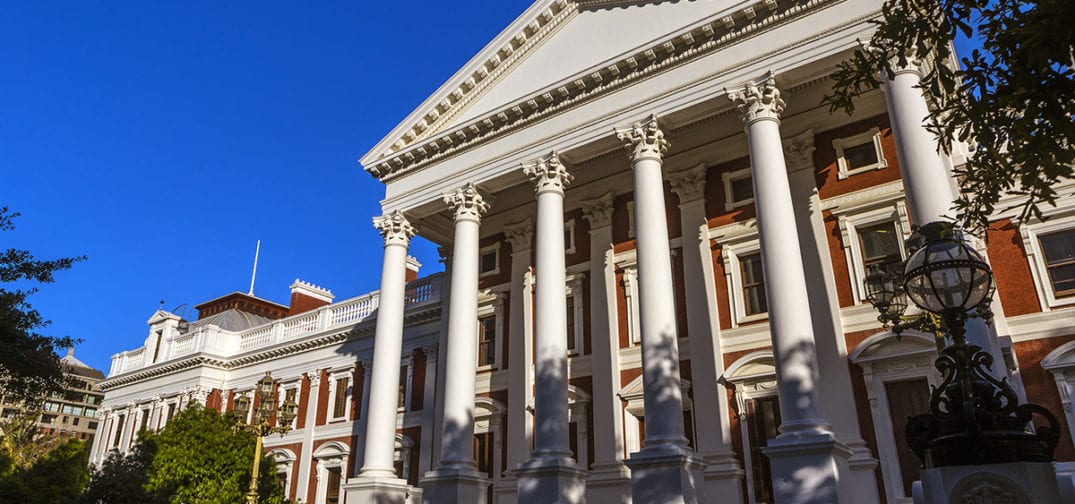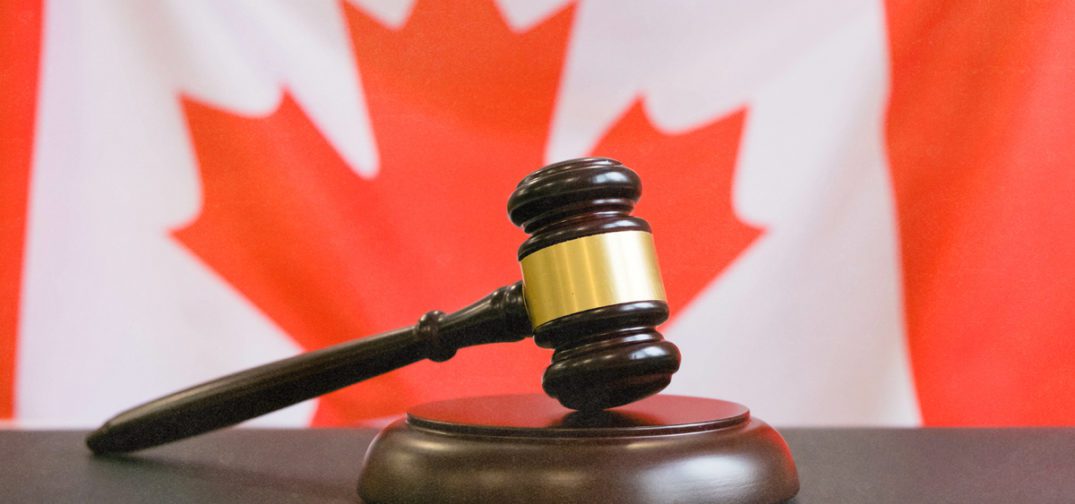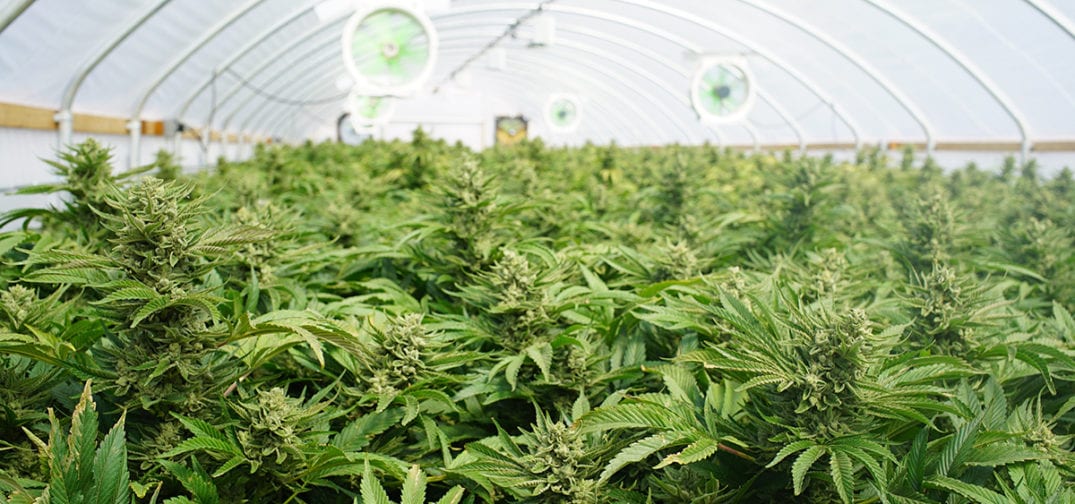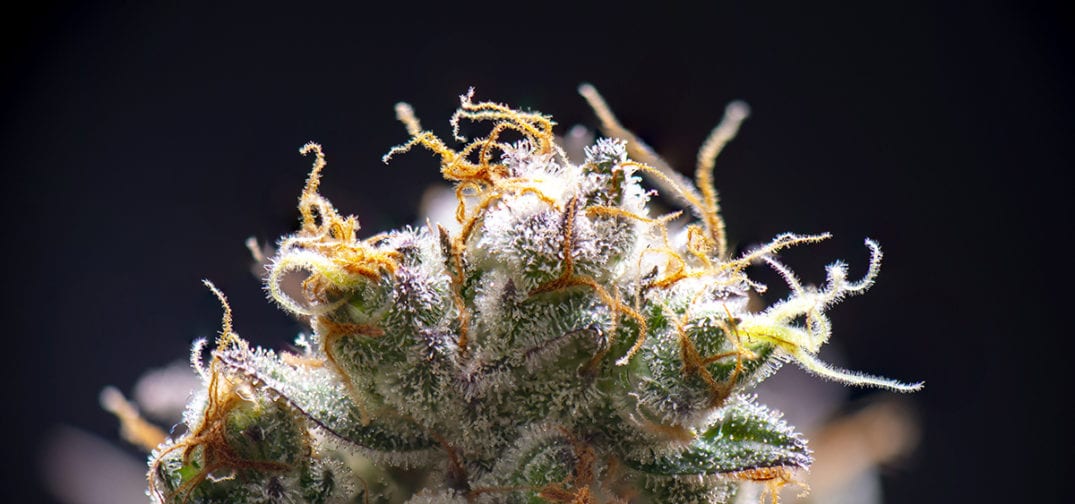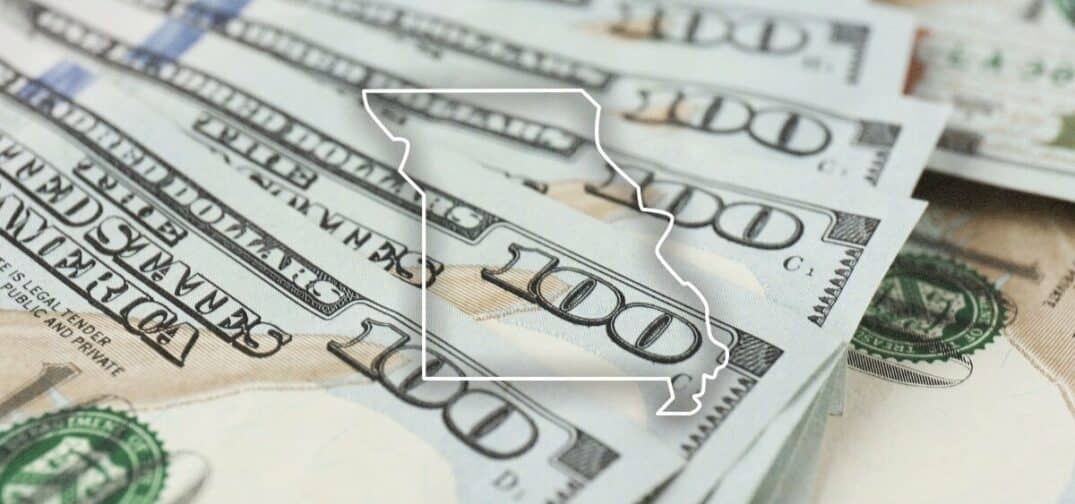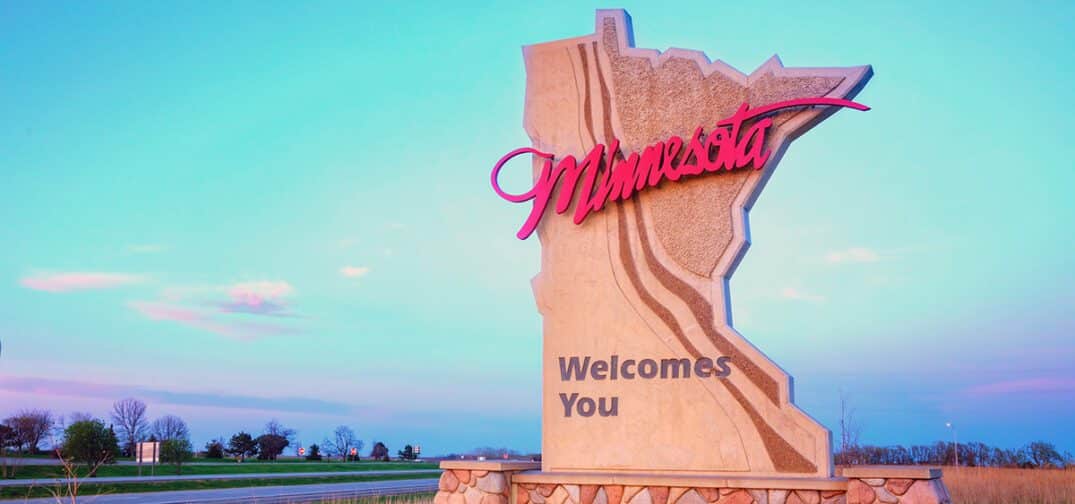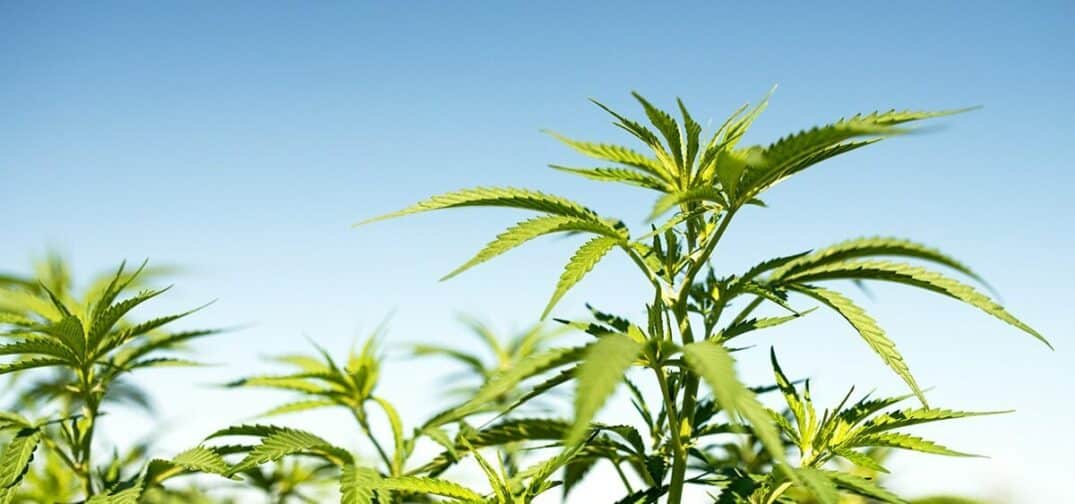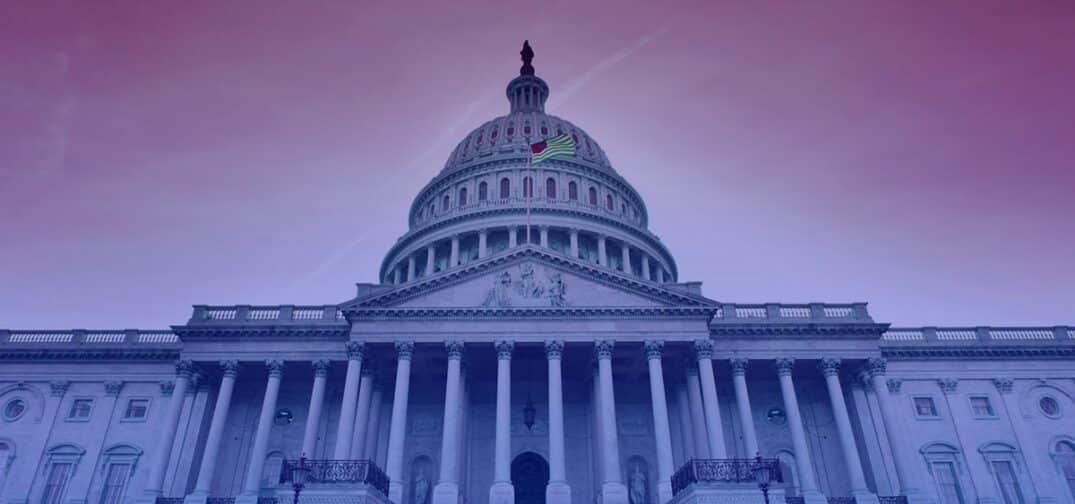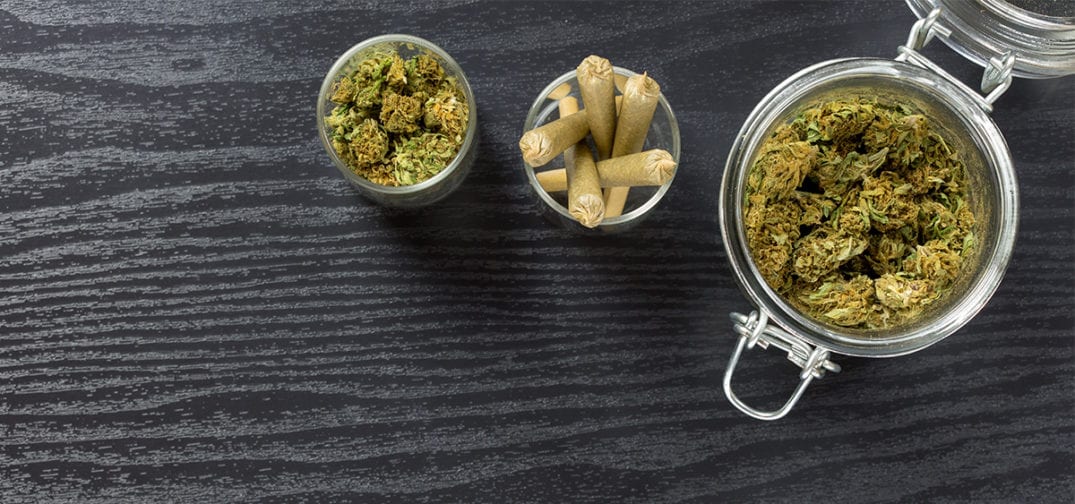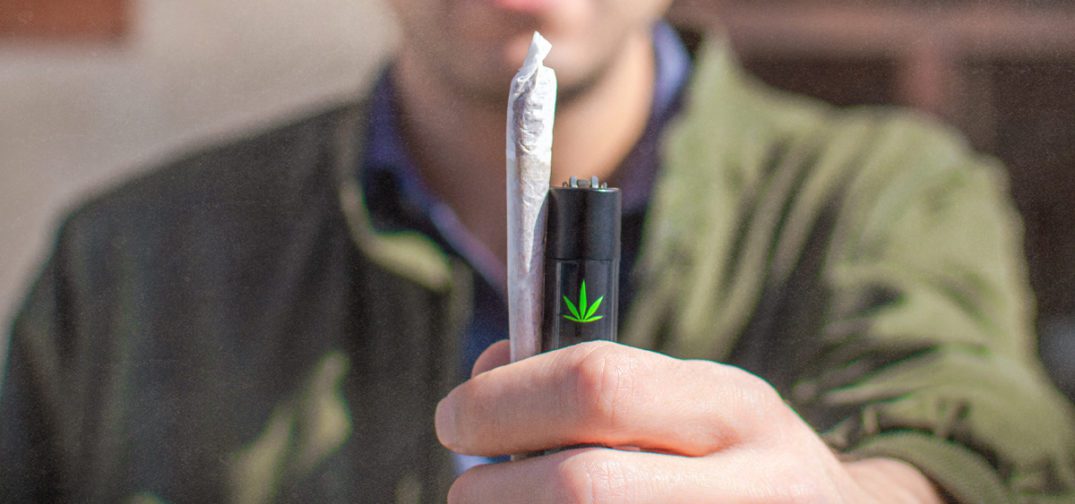The Michigan cannabis industry sold more legal cannabis products in March than any other state, even beating out California, which has until now been the country’s top-selling state, according to BDSA data outlined in an SF Gate report.
The data showed that Michigan retailers sold 22 million cannabis products in March this year, while California cannabis shops sold just 21.3 million products. It was the first time cannabis industry data showed that a state other than California had sold the most cannabis products.
But while Michigan may have sold more cannabis products overall, the California industry still generates more revenue, according to sales data showing that California sold $1 billion worth of cannabis in the first three months of the year, while Michigan retailers sold just $786 million, the report said.
The disparity between products sold and overall revenue is most likely due to significant price differences between the states that results in Michigan offering cheap, legal cannabis products while the California market continues to struggle with high prices. Michigan also benefits from having neighboring states without legal cannabis programs in place, whereas California’s neighbors have already adopted adult-use reforms.
“Michigan is unquestionably better at running the legal cannabis market than California. Michigan illustrates the ways that California has squandered the opportunity.” — Cannabis consultant Hirsh Jain, via SF Gate
The BDSA data tracked purchases including cannabis flower, edibles, or vape pens but did not include the purchasing of paraphernalia including rolling papers or pipes.
End
